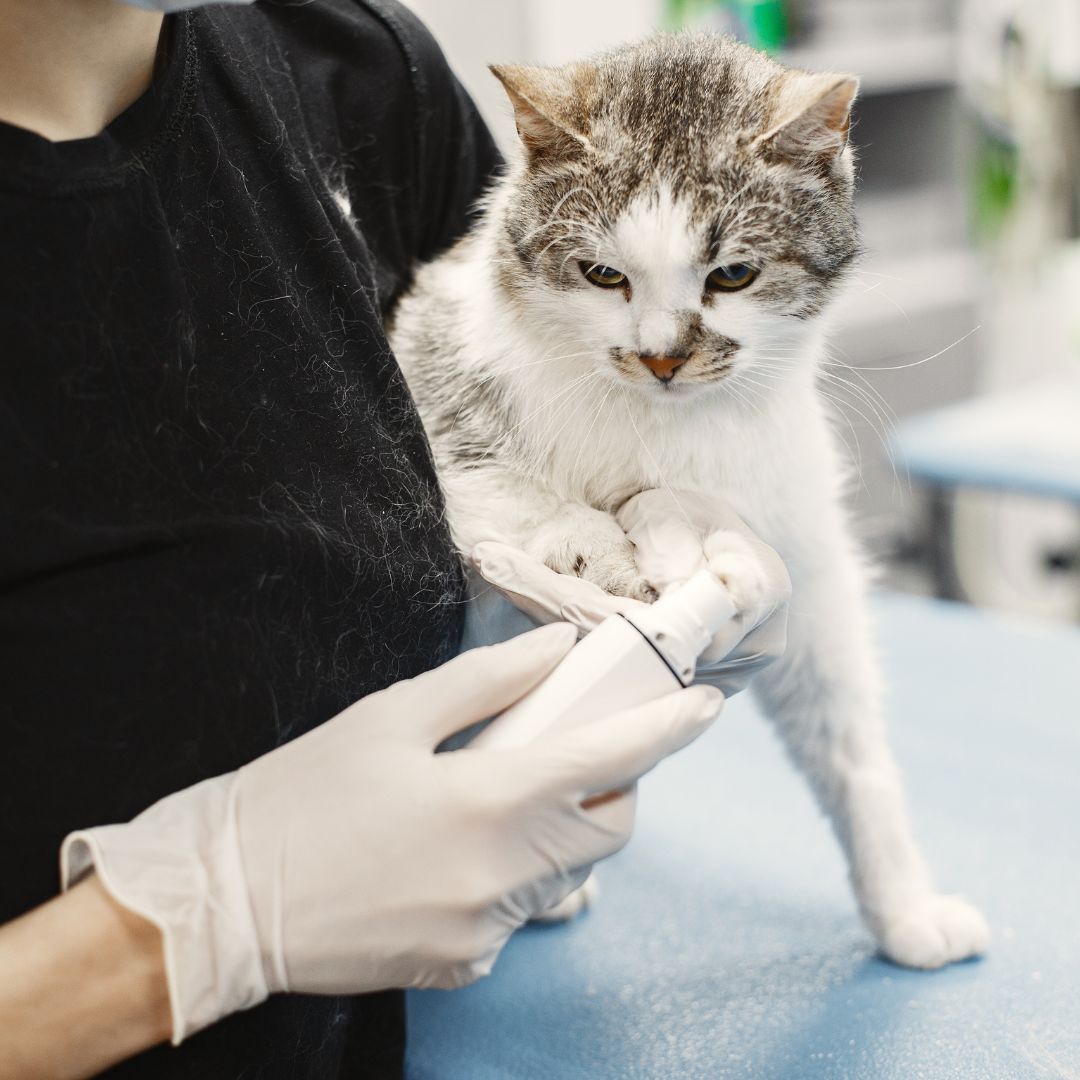
Signs Your Cat Needs to See a Vet
Share
Cats are known for their independence and often hide signs of illness, making it challenging for pet owners to determine when their feline friends need medical attention. However, there are several key signs that indicate your cat may need to see a vet. Recognizing these signs early can help ensure your cat receives the necessary care to stay healthy and happy.
1. Changes in Appetite or Thirst
- Loss of Appetite: If your cat suddenly stops eating or shows a significant decrease in appetite, it could be a sign of an underlying health issue such as dental problems, gastrointestinal issues, or even more serious conditions like kidney disease.
- Increased Thirst: Drinking more water than usual can be a sign of diabetes, kidney disease, or hyperthyroidism.
2. Weight Loss or Gain
- Unexplained Weight Loss: Sudden weight loss without a change in diet or activity level can indicate a variety of health problems, including thyroid issues, diabetes, or cancer.
- Weight Gain: While gradual weight gain can be normal, sudden or excessive weight gain might signal issues such as hypothyroidism or fluid retention from heart disease.
3. Changes in Litter Box Habits
- Frequent Urination: Increased frequency of urination or accidents outside the litter box can be a sign of urinary tract infections, kidney disease, or diabetes.
- Straining or Difficulty Urinating: This can indicate a blockage or infection, both of which require immediate veterinary attention.
4. Behavioral Changes
- Lethargy: If your cat is less active, sleeps more than usual, or seems generally lethargic, it could be a sign of illness.
- Aggression or Irritability: Sudden changes in behavior, such as becoming more aggressive or irritable, can indicate pain or discomfort.
5. Vomiting or Diarrhea
- Frequent Vomiting: While occasional hairballs are normal, frequent vomiting can indicate gastrointestinal issues, food allergies, or other serious conditions.
- Diarrhea: Persistent diarrhea can lead to dehydration and may be a sign of infections, parasites, or dietary problems.
6. Respiratory Issues
- Coughing or Wheezing: Respiratory problems such as coughing, wheezing, or difficulty breathing can indicate asthma, infections, or heart problems.
- Nasal Discharge: Persistent nasal discharge, especially if it's colored or accompanied by sneezing, can be a sign of respiratory infections.
7. Coat and Skin Problems
- Hair Loss: Excessive shedding or bald patches can indicate allergies, parasites, or skin infections.
- Skin Irritation: Redness, swelling, or persistent scratching can be signs of skin conditions or allergies.
8. Eye and Ear Issues
- Eye Discharge: Persistent eye discharge, squinting, or redness can indicate infections or other eye problems.
- Ear Issues: Discharge, odor, or excessive scratching of the ears can be signs of ear infections or mites.
Conclusion
Being attentive to your cat's behavior and physical condition is crucial for maintaining their health. If you notice any of these signs, it's important to schedule a visit to the vet. Early detection and treatment of health issues can make a significant difference in your cat's quality of life. Remember, when in doubt, it's always better to err on the side of caution and seek professional veterinary advice.
By staying vigilant and proactive, you can help ensure that your feline friend remains healthy, happy, and by your side for many years to come.
